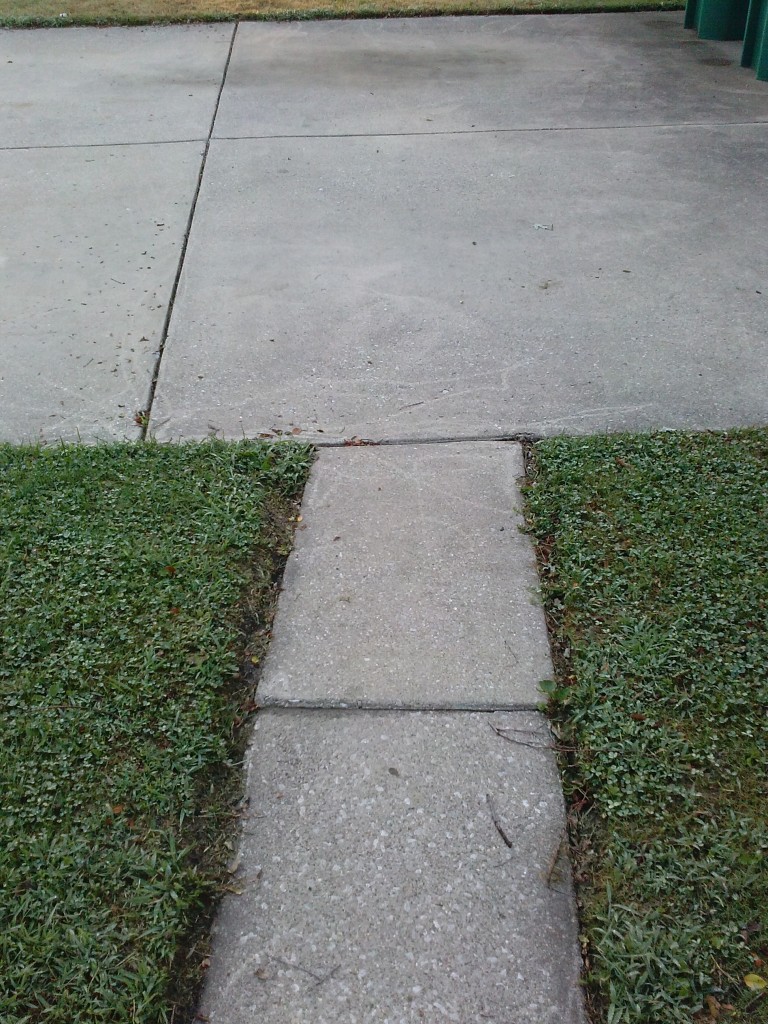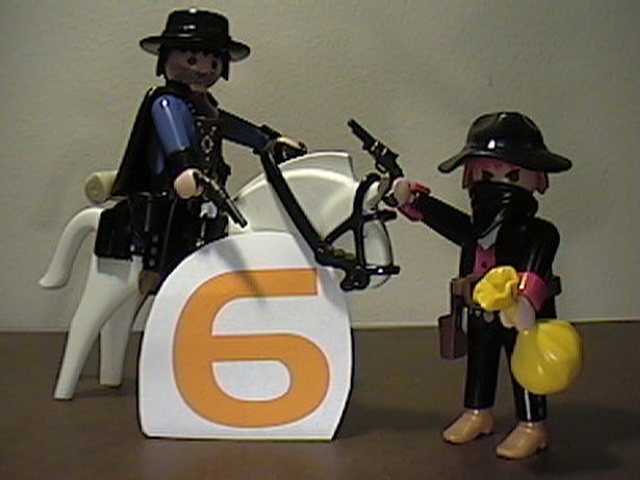A small boy drives
     A hundred ducks to the lake
     With a tasseled stick:
           A most of excited white.
A small boy can command an entire flock of ducks with a slender stick. The ducks go contentedly down to the lake to play in the mud. In the end, of course, they end up as someone’s dinner.
They obey the stick because they respond to their conditioning. In truth, they don’t need to obey it. They don’t need to be someone’s meal. As for the boy, he is doing his job, but he does not own the ducks in an ultimate sense. He exercises his power over them, and they respond, yet neither realizes their bond is provisional.
Ownership of property is only an artificial construct as well. If can remember that ownership is something that exists only by definition, then we can give up possessiveness, defensiveness, and greed. What does it matter how much money or land you say you have? You cannot actually own it.
You don’t even own your own body. Ultimate ownership would mean total control. You would never age. You could make it as beautiful as you wanted. You would never suffer from accidents. But the fact is that we are all imprisoned in flesh that ages, decays, becomes diseased, and can be destroyed by some rather minor accidents. You don’t own your body. You live in a borrowed shell. Why not seek the truth that goes beyond the body?






